Too much love: China’s entrepreneurs and the perils of VIP treatment
In efforts to support economic recovery and development, Chinese officials have been rolling out the red carpet for entrepreneurs. However, Lianhe Zaobao correspondent Sim Tze Wei found out that Chinese businesses would rather be left alone.
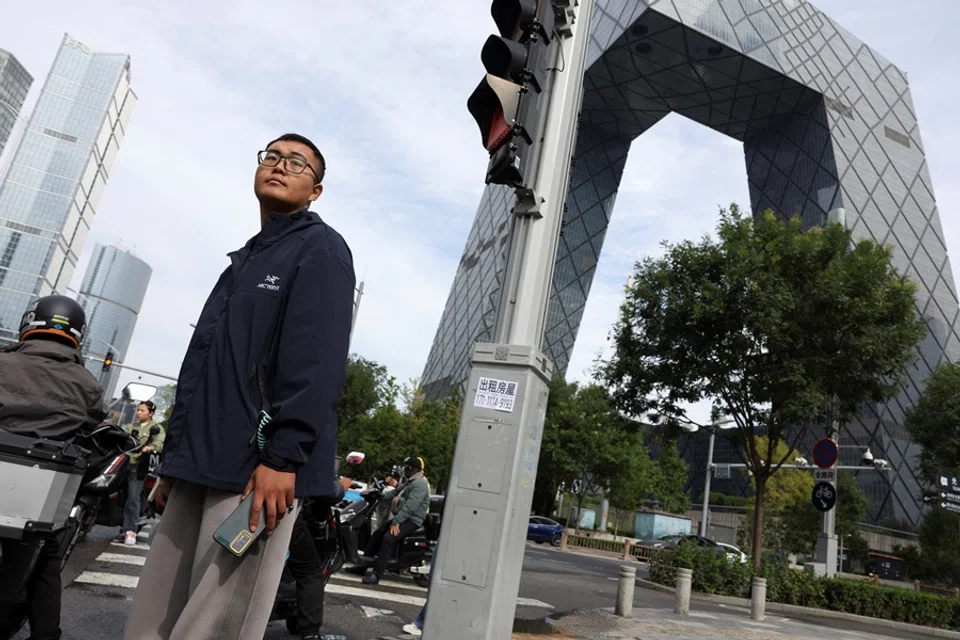
The Chinese have always placed great importance on seating arrangements during group meals, and even more so during meetings.
In a clear signal of their policy to “support private enterprise development”, China’s local governments have begun treating private entrepreneurs as honoured guests at official meetings, seating them in the central, traditional seat of honour. A survey of online reports and photos shows that many local governments are now rolling out this kind of VIP treatment for private-sector leaders.
Red carpet for entrepreneurs
In February this year, Zhong Shanshan, chairman of Nongfu Spring, was seated centre stage at a meeting in Yunnan about speeding up investment promotion. Flanking him were Yunnan party secretary Wang Ning on one side and provincial governor Wang Yubo on the other.
Also in February, Henan party secretary Liu Ning and governor Wang Kai visited Xuchang city to survey the private economy. At a symposium held at the production base of the popular supermarket chain Pang Dong Lai, the company’s founder, Yu Donglai, was seated between them.
When seating arrangements alone do not suffice to convey sincerity, leaders go the whole hog and become part of the welcoming committee.
The district party secretary personally led a team to the venue well ahead of time, practically acting as the event’s chief welcomer, greeting each entrepreneur as they arrived.
An article posted earlier this month by the WeChat public account “Finance Conference Circle” claimed that the secretary of a District Committee welcomed entrepreneurs personally as they came to a meeting, “pampering” them to an unprecedented extent.
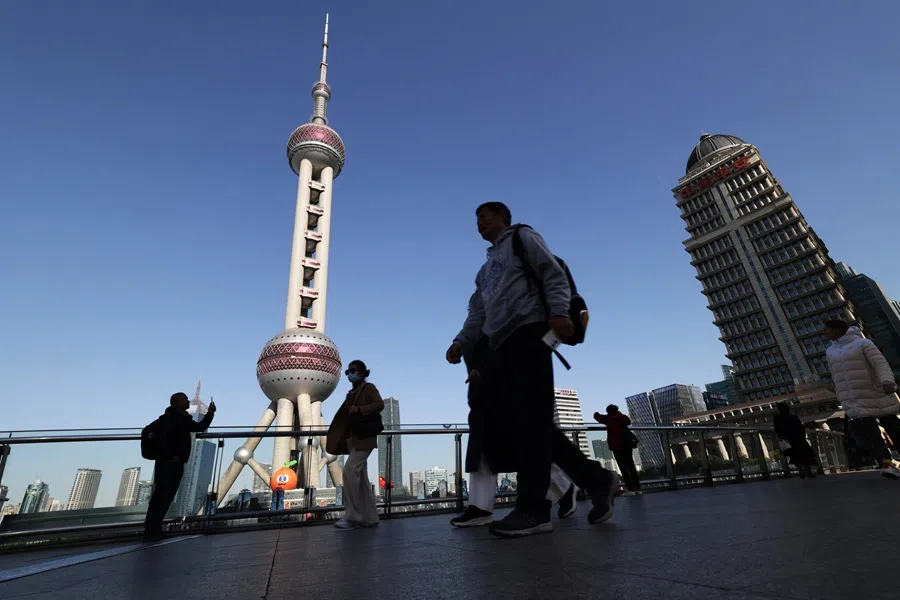
The article reported that, at an entrepreneurs’ conference convened on 23 October by Shunde district of Foshan, Guangdong, private entrepreneurs — including Midea Group’s executive president Wang Jianguo and Country Garden Holdings’ president Mo Bin — were seated alongside Chen Xinwen, standing committee member of Foshan and party secretary of Shunde.
The district government even cleared all parking spaces, reserving them exclusively for the attending entrepreneurs. The district party secretary personally led a team to the venue well ahead of time, practically acting as the event’s chief welcomer, greeting each entrepreneur as they arrived.
Higher they are, harder they fall
Private enterprises are the backbone of China’s real economy. According to official data, in recent years the private economy has accounted for over 50% of tax revenue, over 60% of GDP, over 70% of technological innovations, over 80% of urban employment, as well as over 90% of the total number of companies.
... if the thinking of the higher echelons shifts or the winds of policy change, could these celebrated bosses then face a sharp and unforgiving fall?
Private enterprises boast tremendous innovation capabilities, and local governments have long-standing systems to support their leaders. Yet when district officials take on the role of personal greeters and hospitality is carried out with such meticulous attention, the driving force is likely China’s current policy direction.
On 30 April, the Standing Committee of the National People’s Congress passed the Private Economy Promotion Law. It aims to curb profit-driven law enforcement (dubbed “deep-sea fishing”) against the bosses of private enterprises, so local governments can no longer exploit them.
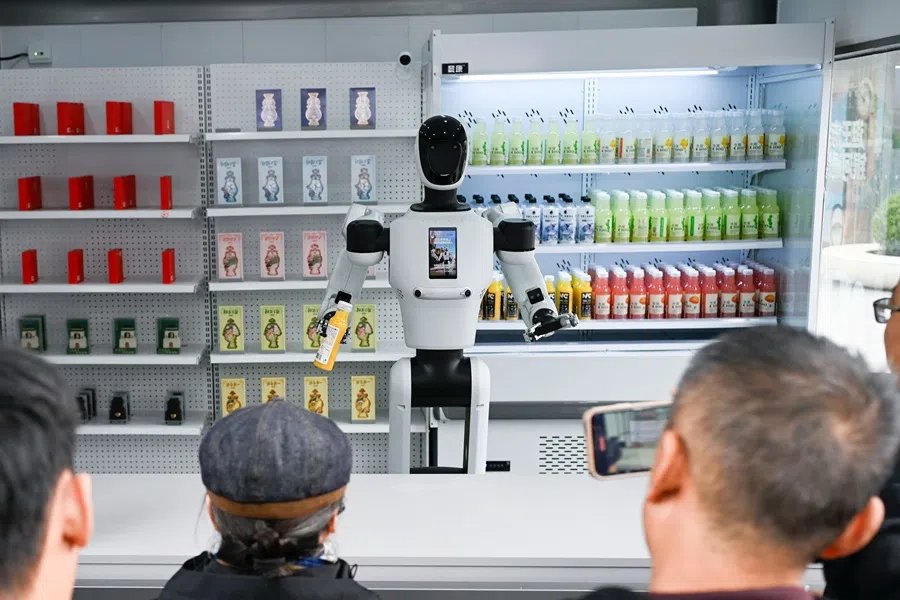
There is also a notable point explicitly set forth in the proposal document for the 15th Five-Year Plan (2026-2030) released in late October after the fourth plunum: the Private Economy Promotion Law should be implemented, to ensure, through legal and institutional means, equal access to production factors, fair participation in market competition and effective protection of legitimate rights and interests, so as to develop and expand the private economy.
However, even as private entrepreneurs are lavished with attention by local leaders, concerns linger: if the thinking of the higher echelons shifts or the winds of policy change, could these celebrated bosses then face a sharp and unforgiving fall?
Yet another comes up with the vivid metaphor of a chamber pot — private entrepreneurs are treated like a chamber pot, to be used only when there is an urgent need.
Netizens have also voiced similar concerns in the comments section of the above-mentioned WeChat article. One stated, “The higher you lift them with your pampering, the harder they fall. Why can’t we just treat them with a level head?”
Another suggested, “A little more normalcy and fairness would be good enough.”
Yet another comes up with the vivid metaphor of a chamber pot — private entrepreneurs are treated like a chamber pot, to be used only when there is an urgent need.
Support from the top leader?
The netizens’ apprehensions are not without merit. Significant constraints had been imposed a few years ago on the growth of some of the private sector’s iconic giants.
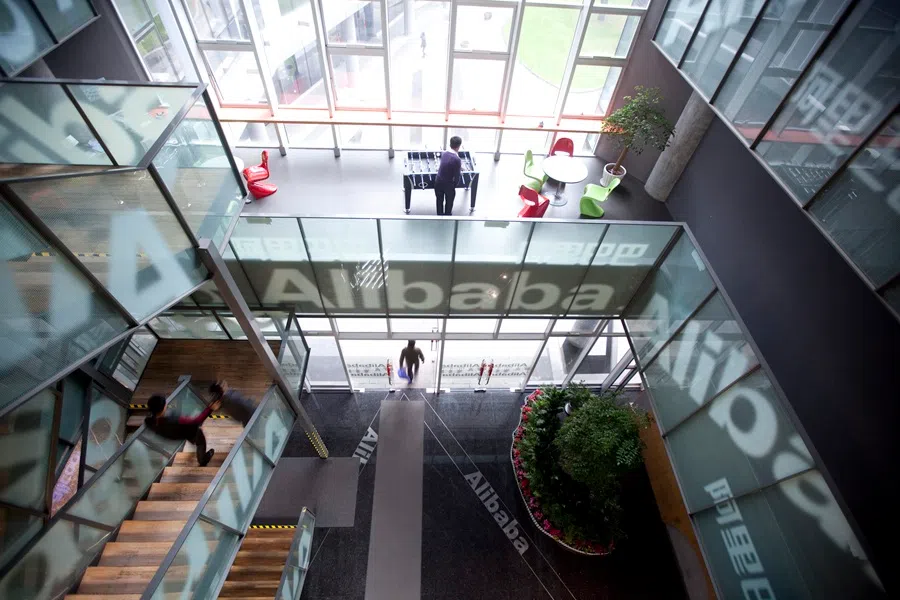
First, listing plans of Ant Group, an affiliate company of Alibaba, was halted by regulators in November 2020. Then, the Chinese government stepped up its oversight of big internet firms under the pretext of combating monopolistic practices. Alibaba and Tencent were among those targeted. It was at that time that Alibaba’s founder, Jack Ma, reportedly began to spend his days wandering around abroad.
In 2021, the Chinese government introduced the “double reduction” policy to regulate after-school training and lighten the academic burden on students. This move, however, led to the closure of numerous education and training institutions. Reportedly, some private entrepreneurs had already made preparations at that time to transfer assets, and were planning to emigrate overseas.
... amid the uncertainties of the China-US trade war and tech war, the private enterprises’ capacity for technological innovation and job creation is the force urgently needed by the Chinese authorities to bolster the economy.
In February this year, CCP General Secretary Xi Jinping convened in Beijing a symposium on private enterprises — the first such gathering in over six years. Addressing a crowd of private entrepreneurs in person, he declared: “For the private economy, the development prospects are vast, and there is much we can accomplish. Now is the time for private enterprises and entrepreneurs to demonstrate their capabilities.”
For the time being, this rallying cry has steadied the nerves of the private sector, whose confidence had fallen apart. The official shift shows one thing: amid the uncertainties of the China-US trade war and tech war, the private enterprises’ capacity for technological innovation and job creation is the force urgently needed by the Chinese authorities to bolster the economy.
A ‘clean and close’ government–business relationship
Liang Wenfeng, founder of DeepSeek, was among the entrepreneurs who attended the symposium. Previously little-known, his company’s groundbreaking AI large language model made a big splash right before the event in Beijing. Its success is a shot in the arm for China’s tech firms and markets.

When analysing the secrets of DeepSeek’s breakthrough, the Chinese media identified a strong link to the business environment of Hangzhou, where Liang’s company is headquartered. One detail is sure to catch the eye of corporate players: authorities who answer every request, steer clear of unnecessary interference, and know exactly where to draw the line.
The screenshot of a text about Hangzhou’s business environment has been circulating online since February. It provides interesting details: “Throughout the entire process of our corporate relocation and subsidy application, we didn’t have to wine or dine anyone, or offer a single cigarette. Government subsidies are disbursed automatically and on schedule, leaving no need for follow-up inquiries, reminders or hospitality. Once matters are settled, the government officials simply step back and disappear.”
Responding to every request while avoiding unnecessary interference — that is likely what the so-called “clean and close” (清洁亲密型政商关系) government-business relationship looks like at its best. It’s a bit like hotel room service: leave the “Do Not Disturb” sign on, and they stay out of your way; flip it to “Make Up Room”, and everything gets done promptly.
The real secret is straightforward: respond when needed but stay out of the way, eliminate administrative meddling, uphold the rule of law to protect assets and never let power place itself above the law.
As for what kind of support China’s private enterprises really need from the state, Huawei’s founder Ren Zhengfei once said: the rule of law and marketisation.
From these simple principles, it is clear that stabilising private enterprises does not require lavish receptions or over-the-top gestures. In fact, the more exalted the corporate leaders, the greater the risk they face. The real secret is straightforward: respond when needed but stay out of the way, eliminate administrative meddling, uphold the rule of law to protect assets and never let power place itself above the law.
This article was first published in Lianhe Zaobao as “民企老板被“宠”出新高度的隐忧”.
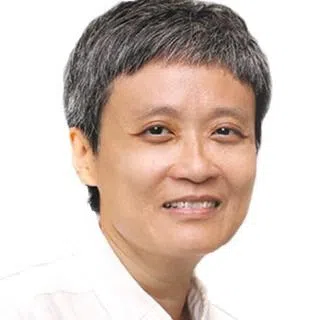


![[Big read] When the Arctic opens, what happens to Singapore?](https://cassette.sphdigital.com.sg/image/thinkchina/da65edebca34645c711c55e83e9877109b3c53847ebb1305573974651df1d13a)
![[Video] George Yeo: America’s deep pain — and why China won’t colonise](https://cassette.sphdigital.com.sg/image/thinkchina/15083e45d96c12390bdea6af2daf19fd9fcd875aa44a0f92796f34e3dad561cc)
